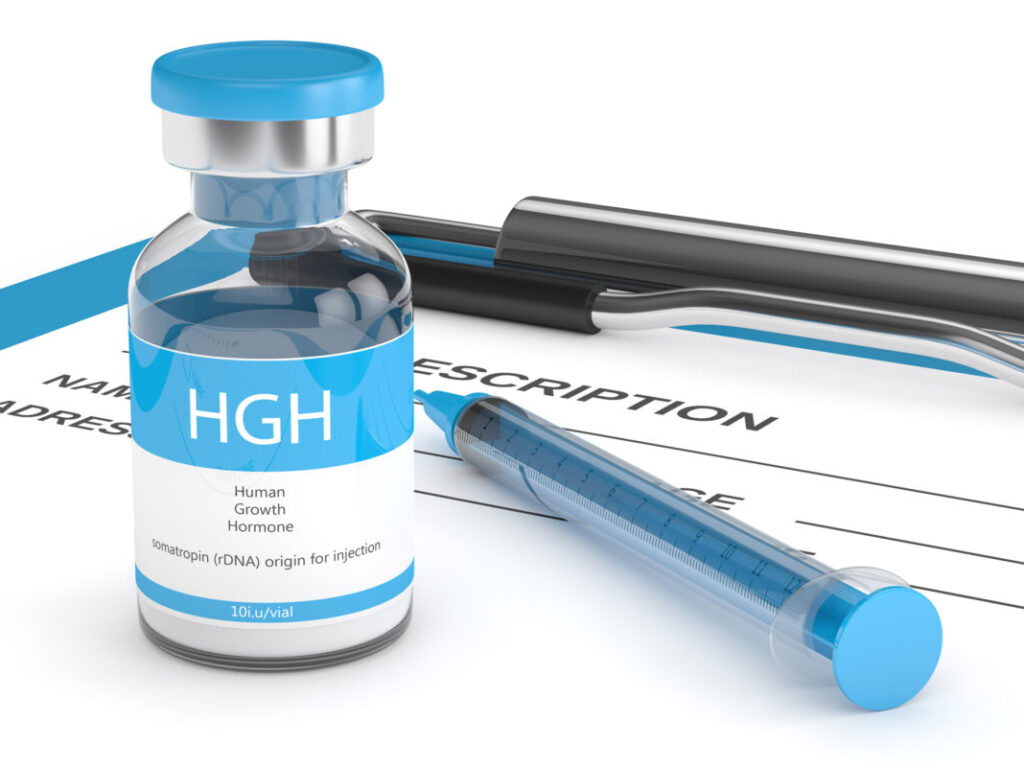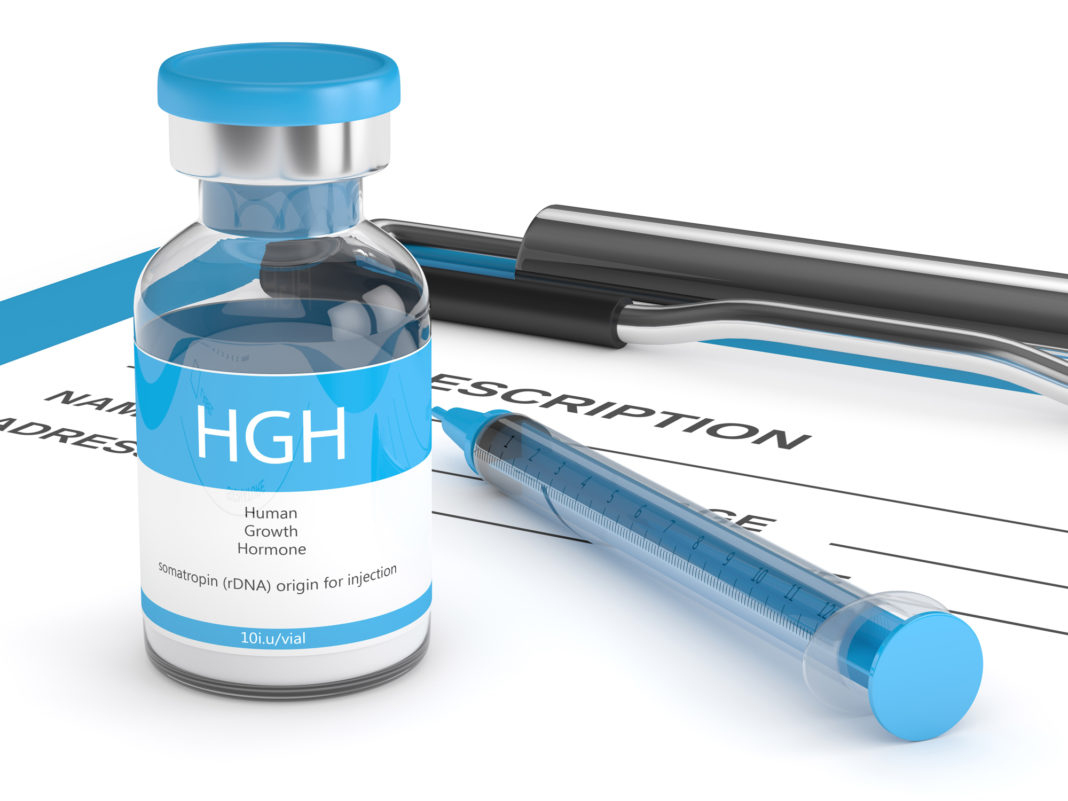
Over the past several years, more of an emphasis has been put on learning about human growth hormone (HGH) and how it affects our bodies.
While growth hormone therapy has been used in children with below-average height, there are, in fact, a variety of uses and benefits of HGH.
If you’ve been considering getting growth hormone therapy treatment, or you’re wondering if it’s the right choice for your body, you’ve come to the right place.
Keep reading for an in-depth guide to HGH, its benefits, and everything you need to know about growth hormone therapy.
What Is Human Growth Hormone?
HGH is naturally produced by the human body, in the pituitary gland. It aids in cell regeneration and reproduction, growth, and metabolism.
As a result, it can help aid in tissue repair throughout organs and it helps to build muscle mass and burn fat.
Sounds pretty great, right?
Unfortunately, as we age, our growth hormone secretion starts to decline, by as much as 15% every decade, once we pass our third decade of life.
So, it’s no surprise that scientists looked for ways to develop synthetic HGH, to help make up for that loss of this powerful hormone.
As a result, growth hormone therapy has grown in popularity, as people all over the world started to realize the benefits of receiving doses of growth hormones.
What Is Growth Hormone Therapy Used For?
Developed in 1985, synthetic HGH has since been used to treat the following ailments:
- Kidney disease
- Growth disorders in children
- Short bowel syndrome
- Muscle diseases associated with HIV/AIDS
- Prader-Willi syndrome
- Turner’s syndrome
- Low birth weight
- And more
However, this is just the tip of the iceberg. Growth hormone therapy isn’t just for treating medical conditions like the ones listed above. It’s also used to aid in the following:
- Reducing body fat
- Increasing muscle mass
- Improving bone density
- Increasing testosterone
- Anti-aging
Growth hormone weight loss, in particular, is one of the most attractive benefits of growth hormone therapy, especially as our metabolism slows down as we get older.
However, keep in mind that there is not evidence to back up every claim that HGH therapists make.
Studies are still being done on the efficacy of the treatments for certain disorders and improving long-term health. Before deciding to move forward with growth hormone therapy, be sure to talk to your doctor about your specific health needs.
How Does Growth Hormone Therapy Work?
Before you can start HGH therapy, you’ll need a prescription from your doctor first. In most cases, you’ll need a daily growth hormone dosing, which is injected into the body.
Every few weeks, you’ll go back to see your doctor, so they can monitor your progress and test your blood to determine whether you need more treatment.
Since HGH can impact other areas of your body, like its response to insulin, your doctor will also check your blood glucose levels, cholesterol, and bone density at your follow-up appointments.
In most cases, you won’t experience any serious negative side effects of growth hormone therapy. However, you might notice some numbness or swelling near the injection site or some muscle pains following the treatment.
How to Choose a Growth Hormone Therapy Clinic
Now that you know more about the benefits of HGH therapy and what to expect from the treatment, how do you find the right clinic?
Here are some things to consider when searching for an HGH clinic for treatment.
References and Reviews
Before visiting a clinic, look up a few local clinics online and read through customer testimonials on their website. This will give you an idea of what to expect if you go there for treatment.
Of course, keep in mind that they’ll likely only feature positive reviews on their website. For a more unbiased opinion, look at reviews on Google and on the clinic’s social media pages to see if there are any red flags.
Ask Them Questions
Before deciding on a clinic, don’t be afraid to call and ask some questions to get a better idea of what to expect.
You might want to ask them:
- What treatments are available?
- How much does treatment cost and is it covered by my insurance?
- Am I a good candidate for treatment?
- How quickly can I expect to see results?
Getting the answers to these questions and any more you may have can help give you peace of mind when choosing a clinic for your HGH therapy.
Ways to Naturally Boost HGH Levels
If you’re not sure you’ll qualify for HGH therapy, or you just want to increase your HGH levels before treatment, good news. There are several things you can do to naturally boost the HGH levels in your body.
Consume Less Sugar
We all love a good sweet treat every now and then, but eating sugar increases your insulin levels. By reducing your sugar consumption, you can help increase HGH levels naturally.
Get More (and Better) Sleep
HGH is naturally released the most while we sleep, with the highest levels coming just before midnight and very early in the morning. If you’re not getting enough sleep, you’re reducing your HGH levels without even knowing it.
Increase Activity Levels
Exercise is great for your overall health, but it can also aid in the production of HGH. While all exercise is beneficial, high-intensity spurts of exercise seem to be the most effective in boosting HGH levels.
Lose Weight
The more body fat you have, the less HGH you produce. So, by losing body fat, especially in the belly region, you’ll increase your HGH production. Just make sure you follow a healthy weight loss plan that’s sustainable, instead of doing a crash diet.
Enjoy the Many Benefits of HGH
Whether you try natural ways to increase your HGH levels or you pursue growth hormone therapy, you’re sure to enjoy the benefits of more HGH in your life.
Looking for other healthy living tips? Browse through our other articles today.
